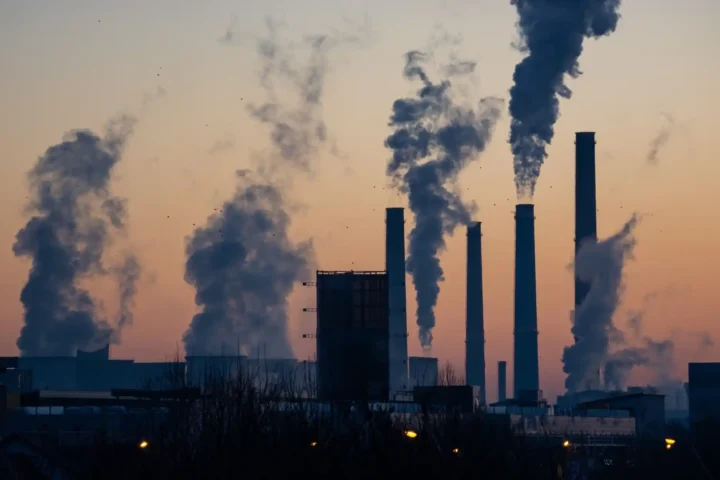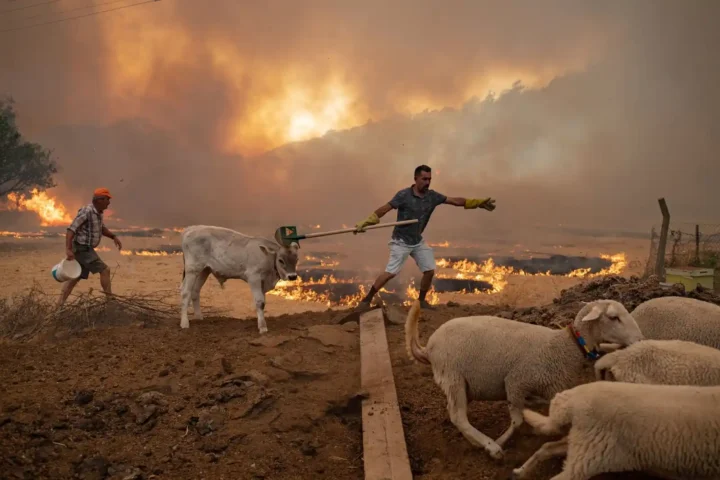Amidst the rolling farmlands of Karnataka, a quiet yet devastating crisis is taking root beneath the surface. Recent data from the state’s Agriculture Department has revealed a concerning reality: more than half of Karnataka’s agricultural land is suffering from alarmingly low levels of soil organic carbon (SOC), a critical element for soil health and fertility. The consequences are not only a threat to agricultural productivity but also to the environment and the livelihoods of farmers across the state.
SOC is not just an abstract scientific term; it is the lifeblood of the soil. It determines water retention, nutrient availability, and even the soil’s ability to resist erosion. Yet, analysis from 2017 to 2024 shows that over 50% of Karnataka’s farmland falls below the SOC threshold of 0.5%, indicating widespread soil degradation. The most visible impact is reduced crop yields—especially in crops like oilseeds, cotton, maize, and millets across central and northern districts.
What has led us here? The answer lies in a cocktail of unsustainable practices. Karnataka, one of the top five states in chemical fertiliser consumption, has witnessed skyrocketing use of synthetic inputs in the last decade. Farmers, driven by the soaring cost of organic manure—Rs 14,000 per acre for cattle manure versus Rs 3,000 for chemical fertilisers—have turned to cheaper synthetic alternatives. The declining livestock population has exacerbated this shift, limiting access to organic manure, which further diminishes soil health.
Compounding this problem is the state’s monocropping practices and deforestation, which strip the soil of its natural nutrients. The result is a vicious cycle of soil degradation, lower yields, and increased reliance on synthetic fertilisers. The districts with black alluvial soil, such as Belagavi, Kalburgi, and Bagalkote, bear the brunt of this crisis. These soils, rich in minerals but vulnerable to depletion, are rapidly losing their fertility.
However, this is not just a local issue. The decline in SOC levels impacts the wider ecosystem, increasing the soil’s vulnerability to erosion and water runoff, especially in the face of climate change. The soil crisis in Karnataka is a harbinger of larger environmental degradation if left unchecked.
But the picture isn’t uniformly grim across Karnataka. Coastal districts like Dakshina Kannada and Udupi, where tree cover is more abundant and traditional farming practices are still in place, boast healthier soils. These districts are a reminder that sustainable practices, such as using green manure and mulching, are effective in preserving soil health.
The way forward lies in adopting a balanced approach to agriculture. Experts advocate for integrating organic and inorganic fertilisers while promoting practices like mulching and the use of vermicompost. Encouragingly, there are examples of farmers leading the way. In places like Shivamogga and Davanagere, farmers are innovating with shredding machines to convert crop residue into mulching agents, while others are setting up on-site coco-peat plants. This kind of ingenuity is promising, but more support is needed to scale these solutions.
In response to the crisis, the Karnataka Agriculture Department has initiated an ambitious soil-testing exercise, aiming to analyze 500,000 soil samples across the state. This effort, coupled with enhanced distribution of green manure seeds and the launch of a mobile app providing real-time soil test results, shows a recognition of the problem. But will it be enough?
The truth is, Karnataka—and indeed India—needs a paradigm shift in how we think about agriculture. The chemical shortcut is unsustainable. Farmers need support, not just in terms of technology and resources but also in education, to transition towards more sustainable practices. Reducing dependency on chemical fertilisers, increasing organic matter through compost and green manure, and embracing crop diversification are essential steps for a long-term solution.
The crisis in Karnataka is a sobering reminder of the fragile balance between agricultural productivity and environmental health. As the state stands on the precipice, we must heed the lessons from both the coastal districts where sustainability thrives and the black soil regions where the damage is already evident. There is still time to turn things around, but it requires immediate, collective action.
The soil beneath our feet is far more than dirt—it is the foundation of life. If we continue to neglect it, the cost will not only be borne by our farmers but by future generations as well.











